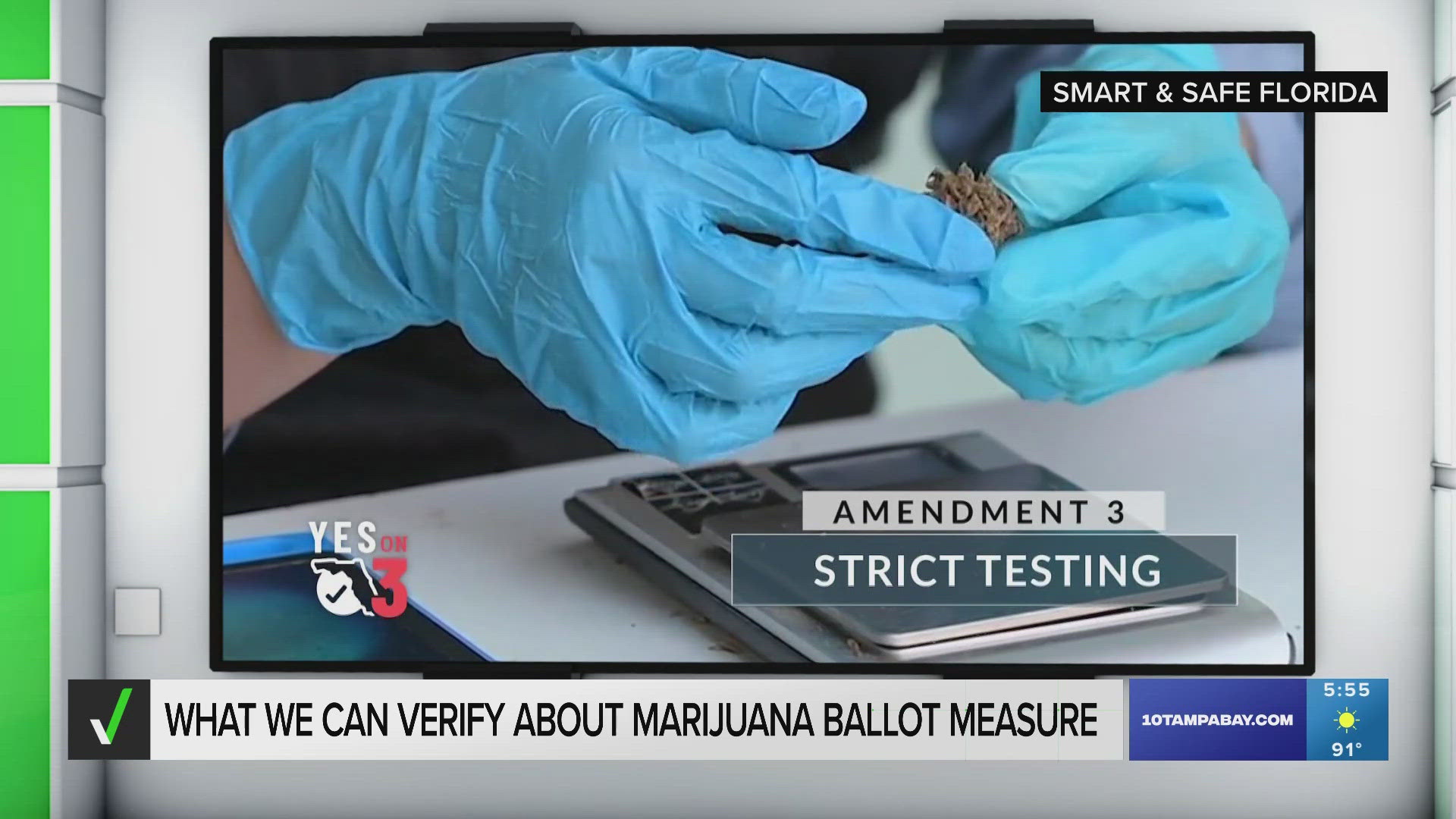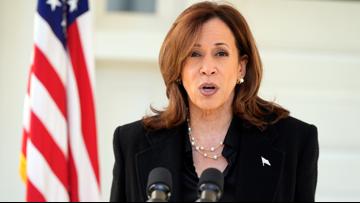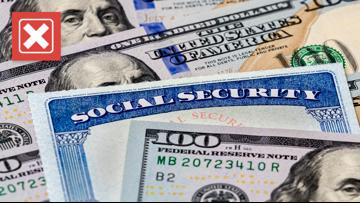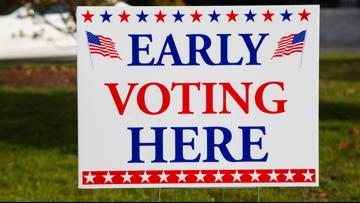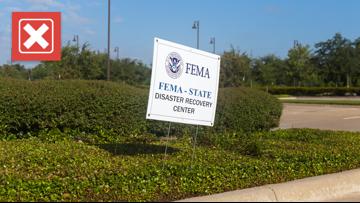ST. PETERSBURG, Fla. — This November, voters in Florida will decide whether to legalize recreational marijuana for adults.
If approved by at least 60% of voters, the proposal will amend the state’s constitution to allow adults 21 and older to possess, purchase or use marijuana for non-medical purposes.
The initiative is sponsored by a group called Safe and Smart Florida. Trulieve, a marijuana dispensary company with several medical dispensaries in Florida, is a main financial backer, campaign finance data records show.
Florida would join 24 other states that have legalized recreational marijuana. It would still be illegal under federal law.
Supporters like well-known Florida attorney John Morgan have argued it’s time to treat marijuana like alcohol. But Gov. Ron DeSantis has called the proposal extreme, claiming it will allow pot use anywhere.
Viewers like Cynthia K. in Palm Harbor have contacted VERIFY with questions about the amendment and claims being made by supporters and opponents. Cynthia asked if ads that say passing Amendment 3 will generate “billions” for schools are true.
THE SOURCES
THE QUESTION
Will legalizing recreational marijuana in Florida generate “billions” for schools and police?
THE ANSWER
It’s estimated that legalized recreational marijuana could generate millions of dollars in tax revenue each year. There's no guarantee of how it would be allocated.
WHAT WE FOUND
Legalizing recreational marijuana could generate between $195 million and $431 million in annual tax revenue, according to the state’s Financial Impact Estimating Conference (FIEC).
The group, which consists of economists for state agencies, lawmakers and the governor’s office, reviewed other states’ experiences with retail sales of non-medical marijuana.
More than half of the states reviewed impose a separate excise tax on top of sales tax, which would require legislative action in Florida, the group noted in its analysis.
Generating the "billions" the ad claims would likely take several years. Additionally, there’s no guarantee of where it would be spent.
“The state legislature would determine the allocation of tax revenue," Smart and Safe Florida spokesperson Morgan Hill said in an email, noting several states allocate funding from marijuana tax revenue to teacher pay and education as well as criminal justice and policing.
"We are hopeful that would be part of the recreational marijuana tax allocation here in Florida."
THE QUESTION
If Amendment 3 passes, will recreational marijuana immediately become legal?
THE ANSWER
No, recreational marijuana won’t instantly become legal. State lawmakers will need to pass implementing legislation.
WHAT WE FOUND
If voters approve Amendment 3, state lawmakers will then have to pass implementing legislation to enact and regulate it.
Consider that after Florida voters approved a constitutional amendment legalizing marijuana for medical use in 2016, lawmakers initially banned users from being able to smoke it. Cannabis advocates then sued. It took two years for lawmakers to pass legislation allowing smokable medical pot.
Just like alcohol and tobacco, lawmakers will be able to regulate where you’re able to use it, among other things.
Amendment 3 itself reads that nothing in its language prohibits the legislature from passing laws consistent with the amendment.
THE QUESTION
Do “most Americans” have access to legal, regulated marijuana?
THE ANSWER
Yes, most Americans have access to legal, regulated marijuana, as pro-Amendment 3 ads claim.
WHAT WE FOUND
More than half of the U.S. population (54%) live in a state where recreational marijuana is legal, according to the Pew Research Center, which means it’s also regulated. When factoring in medical marijuana, that number jumps to 74%.
The findings are based on an analysis of state marijuana laws from the National Organization for the Reform of Marijuana Laws, and the U.S. population statistics from the U.S. Census Bureau.
Since 2012, marijuana has been legalized for recreational use in 24 states and the District of Columbia.
Previous polling shows 70% of Floridians support legalizing marijuana.
